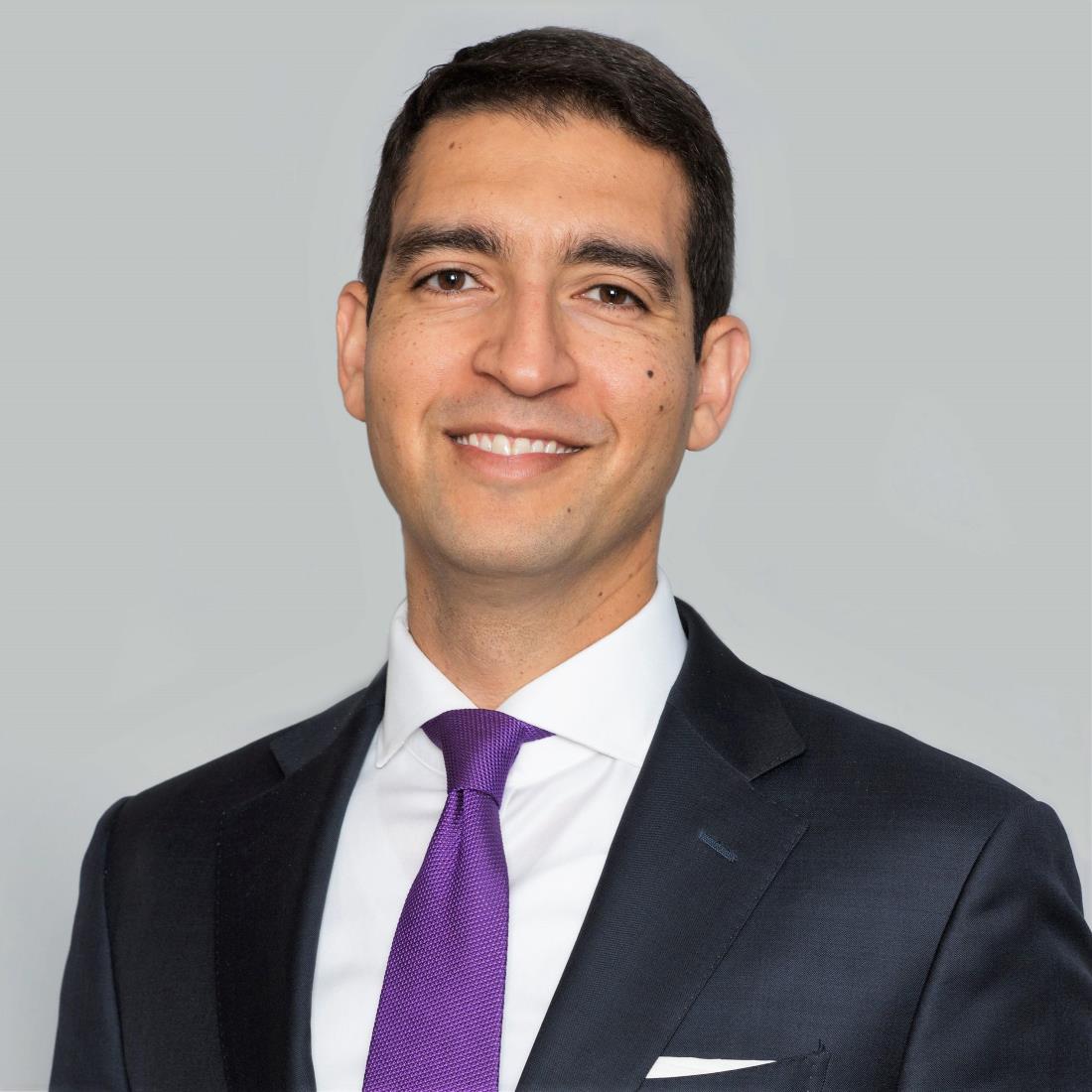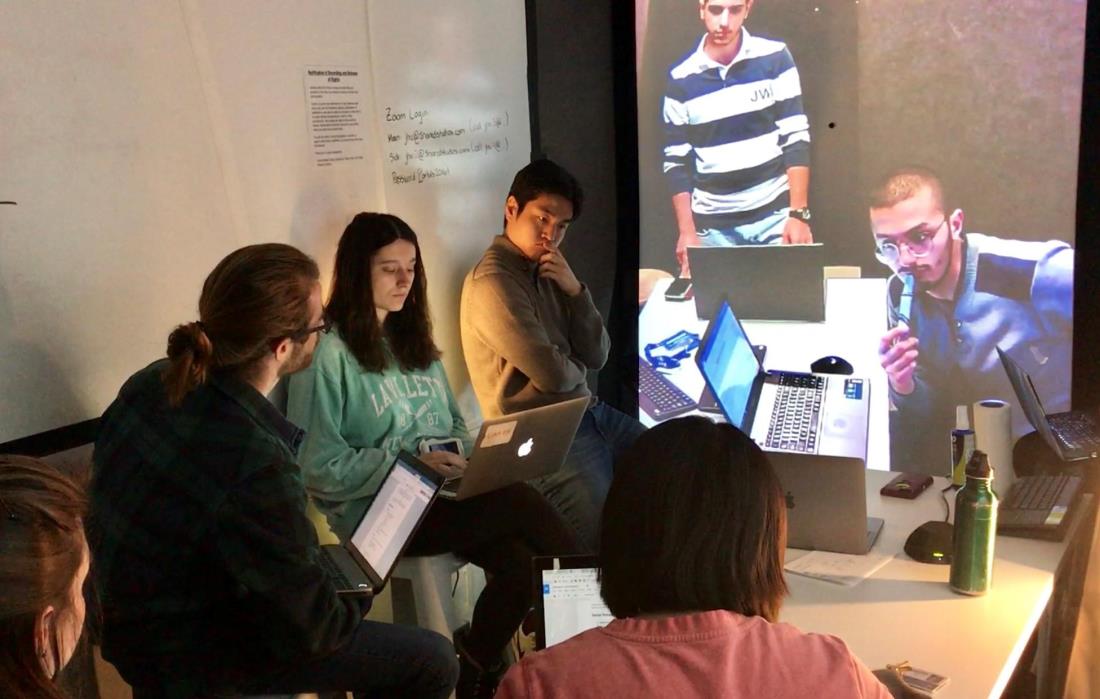By Mohamed Abdel-Kader, Guest Blogger
Executive Director of the Stevens Initiative at the Aspen Institute
 Reflecting on my time as a graduate student, I can say that some of the most enriching experiences I had were short-term opportunities to study in India and Turkey. I was able to pick up on nuances of doing business in two emerging markets, I got a first-hand view of cultural intricacies that I would have not been able to understand by simply reading a book, and I was able to experience how business was done in two rapidly growing and evolving economies.
Reflecting on my time as a graduate student, I can say that some of the most enriching experiences I had were short-term opportunities to study in India and Turkey. I was able to pick up on nuances of doing business in two emerging markets, I got a first-hand view of cultural intricacies that I would have not been able to understand by simply reading a book, and I was able to experience how business was done in two rapidly growing and evolving economies.
While I was fortunate enough to have had international experiences given my family’s origin from Egypt and frequent travels to see kin, I did not study abroad during my undergraduate studies, as I worried about cost and the curricular and extracurricular obligations I had on campus. I was also well-aware that many of my peers and friends in Clemson, South Carolina faced similar barriers and may never have opportunities to see and understand the world and to bring the important lessons learned abroad to their home communities.
According to IIE’s 2017 Open Doors report tracking study abroad in higher education, just one in 10 U.S. undergraduates studies abroad before graduating. Given the unprecedented global challenges we face, the way in which our economy is inextricably linked with other economies around the world and the diversity we have here in the United States, a global perspective is a critical part of a 21st century education.
While I would love to see every student study abroad, the reality is that so many young people face many barriers, including limited resources, family obligations, and curricular restrictions that may tie them to their home campus. Technology provides essential tools that allow students to circumvent many of these barriers. In virtual exchange, students around the world build global skills while learning and working together in facilitated, online programs.

Students at Johns Hopkins connect with students at the American University of Beirut
The Stevens Initiative aims to broaden the field of virtual exchange to bring global learning opportunities to students who may be able to go abroad. Over the past two years, we have supported 22 projects across a variety of disciplines that open students’ eyes and add a global dimension to any field of study.
Several of the projects we support reach communities where students rarely have access to study abroad. A project being conducted by IREX connects community college students in in Florida, Iowa, and Pennsylvania with their peers at three universities in Jordan to find solutions to global and local challenges in the hospitality industry.
A Ball State University project will link students at state, community, and private colleges in Indiana and Wyoming with peers in Iraq for virtual exchange modules on several science, technology, engineering, and math (STEM) subjects. These global experiences give students who face considerable barriers to travel broader perspective and a leg up as they prepare for their careers.
Virtual exchange also provides an opportunity for younger students to cultivate curiosity and several global competencies, such as the ability to communicate confidently with people from different places and backgrounds. The Initiative is supporting several projects that draw on the project based learning approach, allowing students in Chicago and Casablanca to build an online science, technology, engineering, art and math (STEAM) museum.
Students in Gainesville, Florida and the West Bank are working together to develop an online video dictionary for American and Palestinian sign language. Learning from and alongside peers around the world can be a formative experience that shapes these young people’s future studies, their careers, and the roles they play as adults in our increasingly diverse society.
Virtual exchange also makes it possible for new kinds of collaboration. Johns Hopkins University (JHU) is working with Shared Studios to use immersive video portals to enable JHU biomedical engineering and public health students in Baltimore to work with peers at the American University of Beirut and through Mercy Corps in Gaza to develop solutions for issues faced by refugees. Inside the portals – where one of the walls is a life-size, real-time image of the partners thousands of miles away – the international student teams can interact almost as if they are in the same room.
Students are able to draw on the state-of-the-art equipment and expertise and to assess refugee needs and local conditions as if they were in two places at once. Many JHU students have noted that grappling with the issues facing refugees in the Middle East will inform their work with vulnerable populations in Baltimore.
Our approach to virtual exchange is “technology agnostic” – we believe educators can use many different kinds of technology to help students communicate and work together. We are also “curriculum agnostic,” in the sense that we believe virtual exchange can infuse global learning into any courses on any subject, from social studies and the social sciences to area and language studies to the STEM fields.
We owe it to the rising generation to ensure that all young people have access to exciting global learning opportunities. And as education evolves to meet the needs of a changing world, we have hardly scratched the surface of what is possible through virtual exchange.
Mohamed Abdel-Kader is the Executive Director of the Stevens Initiative at the Aspen Institute. To learn more visit www.stevensinitiative.org or follow them on Twitter using @StevensInit